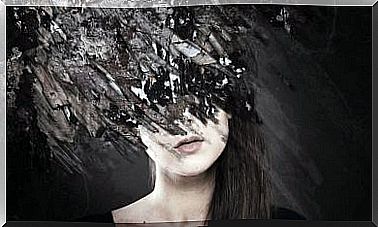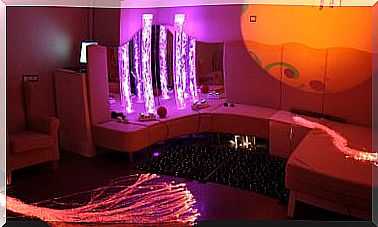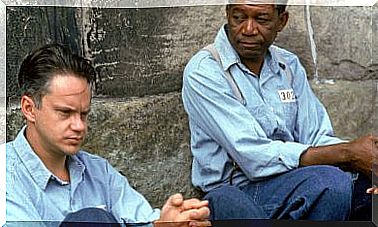The Illusion Of Control In Therapy: A Bad Reason To End It

There are times in our life when we wonder if it would be appropriate to go to a psychologist. We doubt, we are afraid and we ask our environment. We may even look for alternative medicines and pseudoscientific therapies to find a modicum of peace of mind. We try to find a way out and go to the specialist. At times, the well can become so deep that we come to think that all hope has been lost in the lack of light.
Once the objectives have been set with the therapist and with the energy and the basic predisposition, we progress. The mountain that seemed immeasurable is beginning to be approachable. We are feeling better and as we manufacture our own advances, we are believing it more and more … At that moment phrases bounce in our head such as “I can do it”, “so far nothing bad has happened”, “inside the bad, I find good times ”… When is it time to stop therapy?
The illusion of control
The illusion of control is something known among psychologists, and among people even though they have never articulated a reflection on the subject. Among the reasoning and thinking tools that human beings develop are biases.
One of the best known is the idea of control. This refers to the feeling of mastering or controlling elements that are not really up to us. The clearest example is that of the casino player. They attribute and presume to use strategies on uncontrollable game elements (such as roulette).

During therapy, and especially with certain diseases, there is a risk associated with this idea of control. In psychology sessions one of the problems that can arise is precisely this illusion. It is logical that at the moment in which we are freed from many of the bonds and chains of negative thought, we reach a point of well-being where doubt appears.
Thinking: “I’m fine” is something positive, but we have to contrast it with reality and never lose perspective. It will be one of the objectives that psychologists must work together in therapy. Of all the possible reasons why a person may leave psychological therapy, the illusion of control is one of the most damaging because of the consequences of unprepared relapses.
The importance of follow-up in therapy
When we reach that point in therapy where we achieve results, we follow the guidelines and even propose goals and make decisions, we are at the principle of well-being. This is a very positive thing.
However, giving up harmful thoughts and bad habits does not mean “controlling. ” At that point in therapy is when you have to be more vigilant and not abandon what has made us feel better. If the initial demand is covered, it is best to design a prevention plan that will give continuity to the results obtained in therapy. In the follow-up phases, difficulties associated with the strategies put in place for improvement are worked on.

What happens if we have a relative or close person who is at this point? The ideal is to reinforce the maintenance of the new habits and strategies that have made you get there. Watch out for self-deception. Surely the therapist will gradually schedule biweekly, monthly, quarterly and semi-annual sessions before final discharge.
The “follow-up” and supervision process will begin. At that moment the question of whether I am okay, or if my loved one is okay may appear. The risk is to remain solely in the affirmation “I am fine” when the important thing is to confront this illusion of control, to value the path traveled and not the objective achieved. Remember that the objective is a consequence of the small goals achieved.









